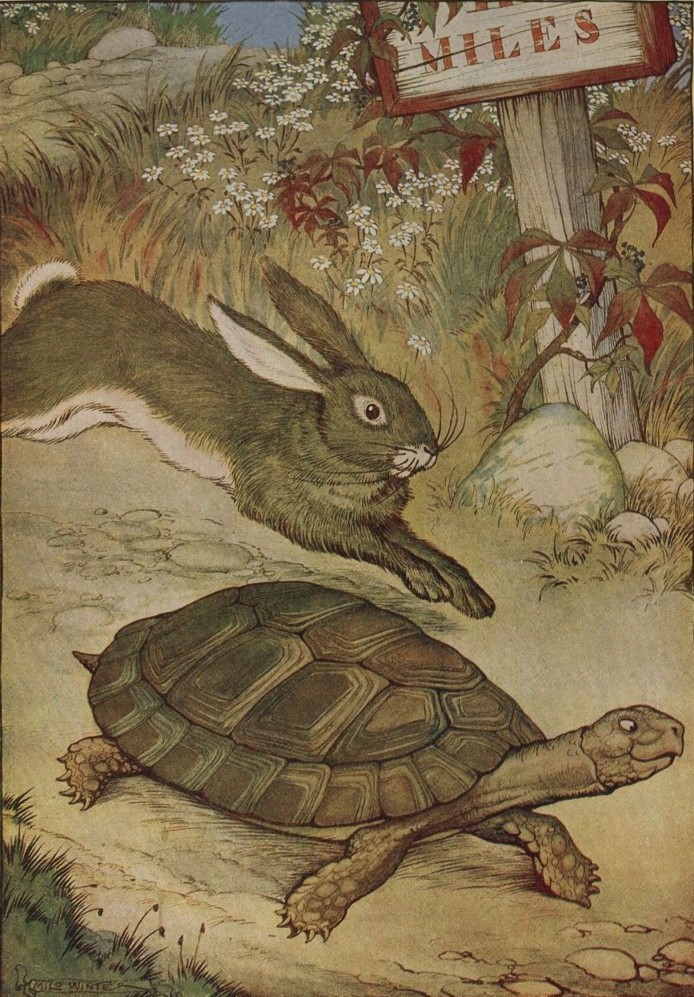 Massimo Pigliucci recently wrote:
Massimo Pigliucci recently wrote:
The conclusion that biological and cultural evolution are different also nicely accounts for the fact that cultural evolution is so much more dynamic (it happens much faster) and unpredictable than its biological counterpart. If we think of both as instances of Darwinism that difference becomes more puzzling.
Cultural evolution is indeed a new kind of evolution. However, most modern accounts of the process by scientists working on cultural evolution still classify it as being Darwinian.
The reasons include the fact that Darwin himself recognized cultural evolution - and said that natural selection applied to it - by saying:
The survival or preservation of certain favoured words in the struggle for existence is natural selection.More specifically, cultural evolution exhibits reproduction, variation, selection and cumulative adaptive evolution - the key hallmarks of Darwinian evolution - according to many authors writing on the topic since the 1970s.
How then are we to account for the recent explosion of evolutionary activity? The skyscrapers, satellites and microprocessors that have suddenly materialised?
I think that the tower of optimisation concept is a useful way of thinking about what is going on. This illustrates the evolution of evolvability - charting evolutionary progress through sex, learning, culture - and towards engineering. Evolution is constantly expanding its the "natural technology" it has accumulated - the know-how like photosynthesis and cellulose that allows more niches to be occupied. Engineering and intelligent design are just the latest additions to a toolbox with a long history - going back into geological time. Nature adding more tools to an existing toolbox which already contains many tools doesn't suddenly stop the evolutionary process from being Darwinian. If you think it does, I recommend reconsidering your classification scheme.
In many respects, the whole issue boils down to whether we should give credit to Darwin for discovering the combined significance of the concepts of reproduction, variation, selection and cumulative adaptive evolution. I think that we should. Evolutionary theory was Darwin's baby. He understood the broad applicability of his idea - including its applicability to human culture. His understanding of evolution was better than that of many evolutionists today, particularly those who - like Massimo and Pinker - are still having a hard time swallowing the concept of cultural evolution.
 Darwin himself understood that culture evolves - writing in 1871:
Darwin himself understood that culture evolves - writing in 1871:








